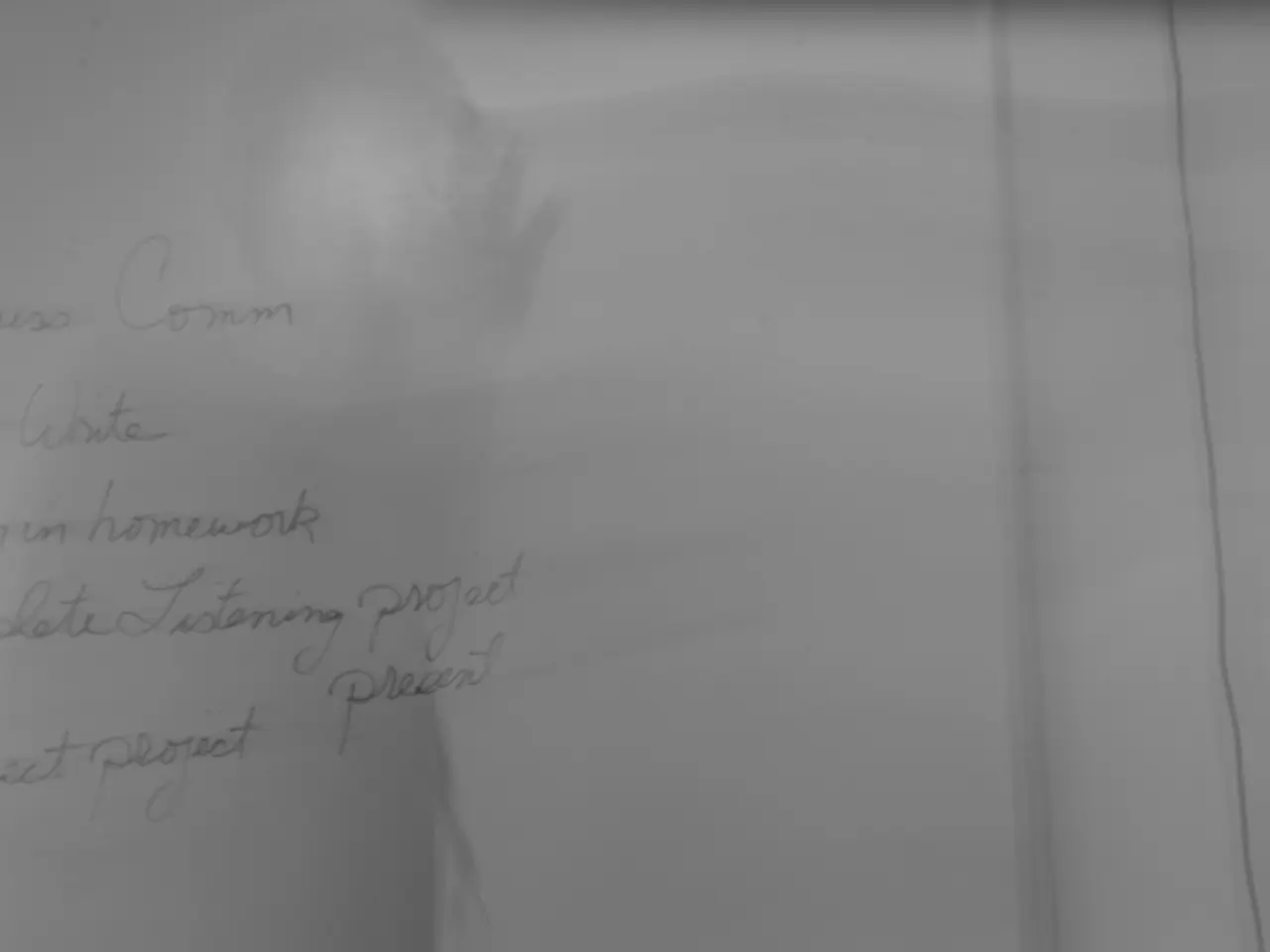EU Commission suggests penalties against Israel for actions in Gaza
The European Union (EU) finds itself in a delicate position as it grapples with the proposed sanctions against Israel in response to the humanitarian crisis in Gaza. While the European Commission has put forth targeted measures, such as suspending Israel's access to parts of the Horizon Europe research program, full suspension or broader sanctions have yet to be agreed upon due to a lack of consensus among EU member states [1][5].
On July 29, 2025, the European Commission proposed suspending Israel from certain start-up grants under Horizon Europe, citing findings from the European External Action Service that Israel breached human rights conditions under its association agreement with the EU [1]. This suspension, framed as targeted and reversible, is aimed at some research funding aspects only.
However, several countries, notably Germany, Hungary, and Austria, have been cautious about fully suspending or sanctioning Israel. Despite growing EU criticism of Israel’s food blockade and attacks in Gaza, these states have slowed collective sanctions efforts [1][5].
A cross-party group of around 40 Members of the European Parliament (MEPs) has called for the EU to suspend its trade deal and impose sanctions on Israel’s government [4]. Amnesty International and other rights groups denounce the EU’s refusal to suspend its association agreement as a "cruel and unlawful betrayal," urging unilateral measures and comprehensive embargoes by member states [2].
Images of starvation and reports of deaths in Gaza have intensified pressure. Germany has announced a humanitarian airdrop to Gaza, reflecting some shift in policy acknowledging the humanitarian catastrophe [1].
Despite the lack of consensus, the committee of the permanent representatives of the member states to the EU is expected to discuss the proposal on Tuesday in Brussels. If the proposal is accepted, the participation of Israeli institutions in activities funded by the European Innovation Council (EIC) would be suspended [3].
This suspension would particularly affect start-ups and small companies working in the fields of cybersecurity, drones, and artificial intelligence, as they would no longer be eligible for EIC funding. However, the participation of Israeli universities and researchers in cooperation projects and research activities within Horizon would remain unaffected by the proposed measure [3].
Israel's foreign ministry has criticized the sanctions recommendation as mistaken, regrettable, and unjustified. Israel intends to work to ensure that the sanctions recommendation is not accepted by the EU Council of Ministers [3].
The situation remains fluid, with potential for further EU measures depending on political will. The humanitarian crisis in Gaza continues to escalate, and the international community, including the EU, faces increasing pressure to take decisive action. The coming days will be crucial in determining the EU's response to the crisis.
- The European Commission's proposal to suspend Israel from certain start-up grants under Horizon Europe, due to human rights breaches, has divided opinions within the European Union, with countries like Germany, Hungary, and Austria being cautious about fully sanctioning Israel, due to a lack of consensus among member states.
- As the crisis in Gaza intensifies, a cross-party group of Members of the European Parliament (MEPs) have urged the EU to suspend its trade deal and impose sanctions on Israel's government, while human rights groups denounce the EU's refusal as a "cruel and unlawful betrayal," advocating for unilateral measures and comprehensive embargoes by member states.





